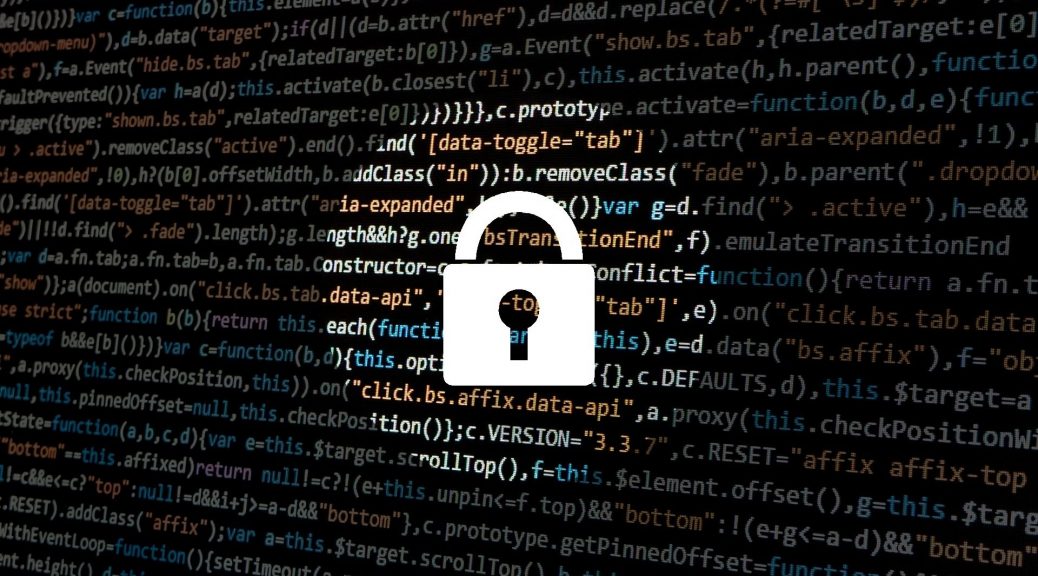First, a bit of history
Back in the summer of 2018, calls for applications for the National Web Privacy Forum started circulating around the library community. I’ll be honest — at that point I knew almost nothing about how libraries protect patron privacy. That summer I’d been conducting a library data inventory, interviewing stakeholders of various data systems across the library, and I had just gotten my first hints of some of the processes we use to protect the data we collect from patrons.
Long story short, Duke Libraries submitted an application to the Forum, we were selected, and I attended. The experience was really meaningful, and it gave me a nice overview of the various issues that affect a library’s ability to protect patron privacy. The following spring (2019), the leaders of the National Forum released an action handbook that recommended conducting a data privacy audit, and DUL undertook such an audit during the Fall of 2019. The results of that audit suggested that we still have a bit of work to do to make sure all of our systems are working together to protect our patrons.
Forming a task force
In response to the audit report, Duke Libraries charged a task force called the Data Privacy and Retention Task Force. Despite the pandemic and lockdown, this task force started meeting in the spring of 2020, and we met biweekly for the rest of the year. Our goals were to develop guiding principles and priorities around data privacy and retention, as well as to recommend specific project work that should be undertaken to improve our systems.
The task force included staff members from across the various divisions of the library. Pretty quickly, we determined that we all come with different experiences around patron privacy. We decided to begin with a sort of book club, identifying and reviewing introductory materials related to different components of patron privacy, from web analytics to the GDPR to privacy in archives and special collections. Once we all felt a bit more knowledgeable, we turned our attention to creating a statement of our priorities and principles.
Defining our values
There are a lot of existing statements of library values, and many make mention of patron privacy. Other documents that cover privacy values include regulatory documents and organizational privacy statements. Some of the statements we reviewed include:
- ALA Code of Ethics
- NISO Privacy Principles
- NIST Privacy Framework
- General Data Protection Regulation (GDPR)
- California Consumer Privacy Act (CCPA)
- Stanford Libraries Statement on Patron Privacy and Database Access
- Cornell Privacy Services
- Duke University Libraries Privacy Statement
 While these statements are all relevant, the task force found some of them far too general to truly guide action for an organization. We were looking to create a document that outlined more specifics, helped us make decisions about how to organize our work. At Duke Libraries, we already have one document we use to organize our work and make decisions — our strategic plan.
While these statements are all relevant, the task force found some of them far too general to truly guide action for an organization. We were looking to create a document that outlined more specifics, helped us make decisions about how to organize our work. At Duke Libraries, we already have one document we use to organize our work and make decisions — our strategic plan.
When we reviewed the strategic plan, we noticed that for each section of the plan, a focus on patron privacy resulted in a set of implications for our work. To express these implications, we devised a rough hierarchy of directed action, indicating our ability and obligation to undertake certain actions. We use the following terms in our final report:
For actions within our sphere of influence:
- obligation: DUL should devote significant time and resources toward this work
- responsibility: DUL should make a concerted effort toward this work, but the work may not receive the same attention and resources as that devoted to our obligations
For actions outside our sphere of influence:
- commitment: DUL will need to partner with other groups to perform this work and thus cannot promise to accomplish all tasks
An example of our principles and priorities
One section from our strategic plan is Strategic Priority #2: Our Libraries Teach and Support Emerging Literacies. Within this priority, the strategic plan identifies the following goals:
- Expand the presence of library staff in the student experience in order to understand and support emerging scholarship, information, data, and literacy needs
- Mentor first-year students in scholarly research and learning practices, embracing and building upon their diverse backgrounds, prior knowledge, literacies, and expectations as they begin their Duke experience.
- Partner with faculty to develop research methods, curricula, and collaborative projects connecting their courses to our collections.
- Enhance the library instruction curriculum, focusing on standards and best practices for pedagogy that will prepare users for lifelong learning in a global and ever-changing research environment.
In our final report, Priorities and Guiding Principles for Protecting Patron Privacy, we identify the following actions for this same strategic priority:
- We have an obligation to communicate in plain language what data we and our partners collect while providing our services.
- We have a responsibility to provide education, tools, and collection materials to shed light on the general processes of information exchange behind technology systems.
- We commit to partnering with researchers seeking to understand the effects of information exchange processes and related policy interventions.
We now have the strategic plan, which outlines types of activities we might undertake, and the new report on protecting patron privacy, which adds to that list new activities and methods to achieve patron privacy protections in each area.
Next steps
The final work of the task force was to propose new project work based on our identified priorities and principles. The task force will share a list of recommended projects with library administration, who will start the hard work of evaluating these projects and identifying staff to undertake them. In the meantime, we hope the report will offer immediate guidance to staff for considerations they should be taking in different areas of their work, as well as serving as a model for future documents that guide our efforts.


